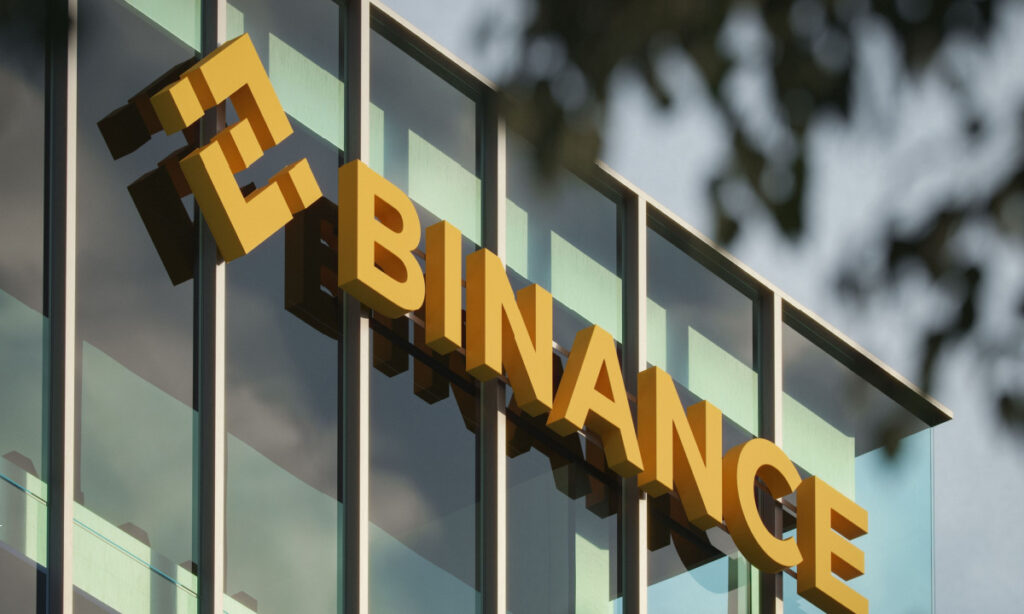Nigeria reportedly still detains two Binance executives as it deals with the currency crisis.
The detentions come as Africa's largest economy accuses the world's largest cryptocurrency company of devaluing its currency, The Wall Street Journal reported on Tuesday (March 11). ing.
To help solve this problem, Binance's head of financial crime compliance, Tigran Gambariyan, an American citizen and former IRS employee, traveled to Nigeria last month. Joining him was Nadeem Anjalwala, a British-Kenyan national and Binance's Africa regional manager.
WSJ, citing family members of Binance employees, reported that both men have not yet been charged with any crime, but are under house arrest in Nigeria.
The report follows another report last month that noted that two Binance executives, who were anonymous at the time, were taken in by national security officials upon their arrival in Nigeria.
This comes after the government announced that Binance was operating illegally in Nigeria, harming the country's key source of tax revenue.
“It's not necessarily an arrest per se,” Zakari Mijinyawa, a spokesperson for the presidential adviser for national security, told Bloomberg News. “Meetings and discussions are ongoing. This is a national security issue and an interagency process is underway.”
Nigeria's Central Bank Governor Olayemi Cardoso mentioned Binance during a press conference last month announcing a record interest rate hike aimed at strengthening the country's currency.
Cardoso blamed “illegal flows”, saying $26 billion flowed through Nigeria's Binance “from poorly identified sources and users.”
Another government official, Bayo Onanuga, an adviser to Nigeria's President Bola Tinubu, wrote in X that crypto companies are “blatantly setting Nigeria's exchange rate” in place of the role of the country's central bank. .
This has led the country to ask telecom companies to block platforms such as Binance and Coinbase, a move that signals a change in government attitude.
Just last year, the country's central bank eased a nearly three-year-old ban on crypto trading, but still called for regulation of virtual asset service providers (VASPs), which include cryptocurrencies and cryptoassets.
The WSJ report notes that Nigerians have embraced cryptocurrencies in recent years to protect their savings as inflation soars to 30%. Citing data from Chainalysis, the report said Nigeria has the second-highest cryptocurrency adoption rate in the world after India, with residents transacting approximately $60 billion worth of cryptocurrencies in the 12 months ending June 2023. He said he went there.


